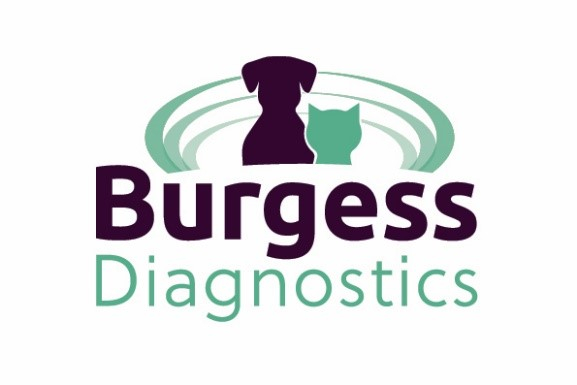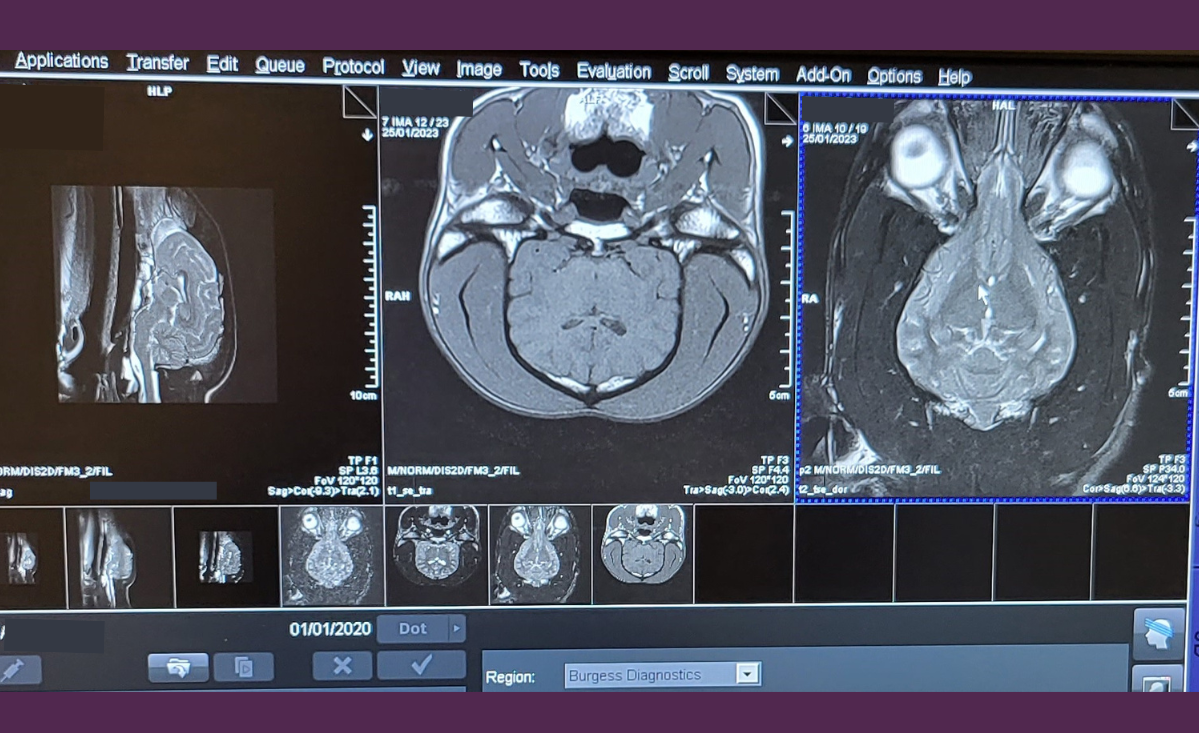Burgess Diagnostics Featured on VetTimes.com
9 Feb 2026
We are delighted to share that Burgess Diagnostics has been featured online with Vet Times. Read more

Magnetic Resonance Imaging
Magnetic Resonance Imaging (MRI) is based on the use of strong magnetic fields and radiofrequency pulses to generate cross-sectional images. Different combinations of these are used to create sequences of images with different contrast and many different sequences are available. This, combined with imaging in any plane (sagittal, dorsal, transverse, oblique) and without the associated ionising radiation (which is used in CT) makes MRI the optimum method of investigation in the majority of clinical cases. It is unparalleled in the investigation of soft tissues due to its superior contrast sensitivity and tissue discrimination.

For accurate diagnosis and lesion localisation, MRI is now the investigation of choice in all veterinary neurological, joint, and spinal disease processes. With multi-planar capabilities, various MRI sequences, and the latest contrast agents, tissue and disease characterisation will allow accurate identification, case treatment, and management.

For guidance on choosing the optimum imaging modality when considering specific anatomical regions please click here

9 Feb 2026
We are delighted to share that Burgess Diagnostics has been featured online with Vet Times. Read more
29 Oct 2025
Our big CAT-scanning day. Find out more about our incredible day at The Big Cat Sanctuary in Kent scanning a tiger, a clouded leopard and a cheetah. Read more